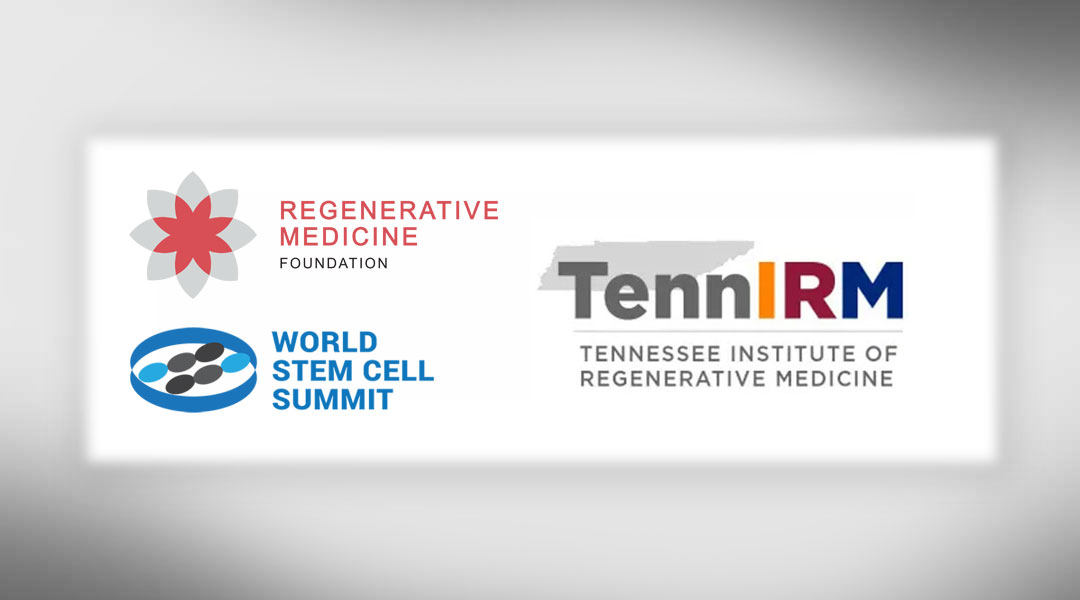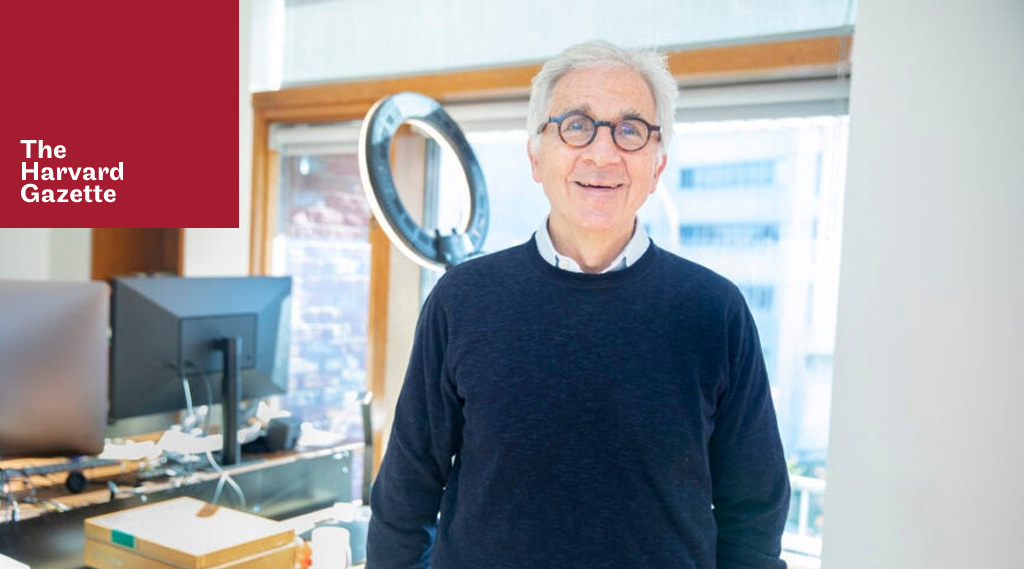“There is broad consensus that we need to automate and quickly in order for cell therapy manufacturing to become a viable industry, especially in the field of autologous cell therapies but also in the allogeneic space,” said Fabian Gerlinghaus, CEO of Cellares, summarizing a roundtable discussion he led at ISCT 2022: Defining the Future of Cell Therapy Automation.
He was joined in that forum by experts in the cell therapy manufacturing field: Timothy Moore, COO of Pact Pharma, Randy Schweickart, senior director of process technology development, Bristol Myers Squibb (BMS), and Olivier Cremoux from Staubli Robotics.
The specialists all agreed that the earlier a developer implements automation in its cell therapy manufacturing process the better.
If a pharma company is using a scalable cell therapy manufacturing platform from as early as the preclinical phase, market entry could be accelerated by 1-2 years, as the regulatory process becomes more streamlined, and there is less rework in the clinic, argued Gerlinghaus.
His company has developed an end-to-end, enclosed cell therapy manufacturing system called the Cell Shuttle.




